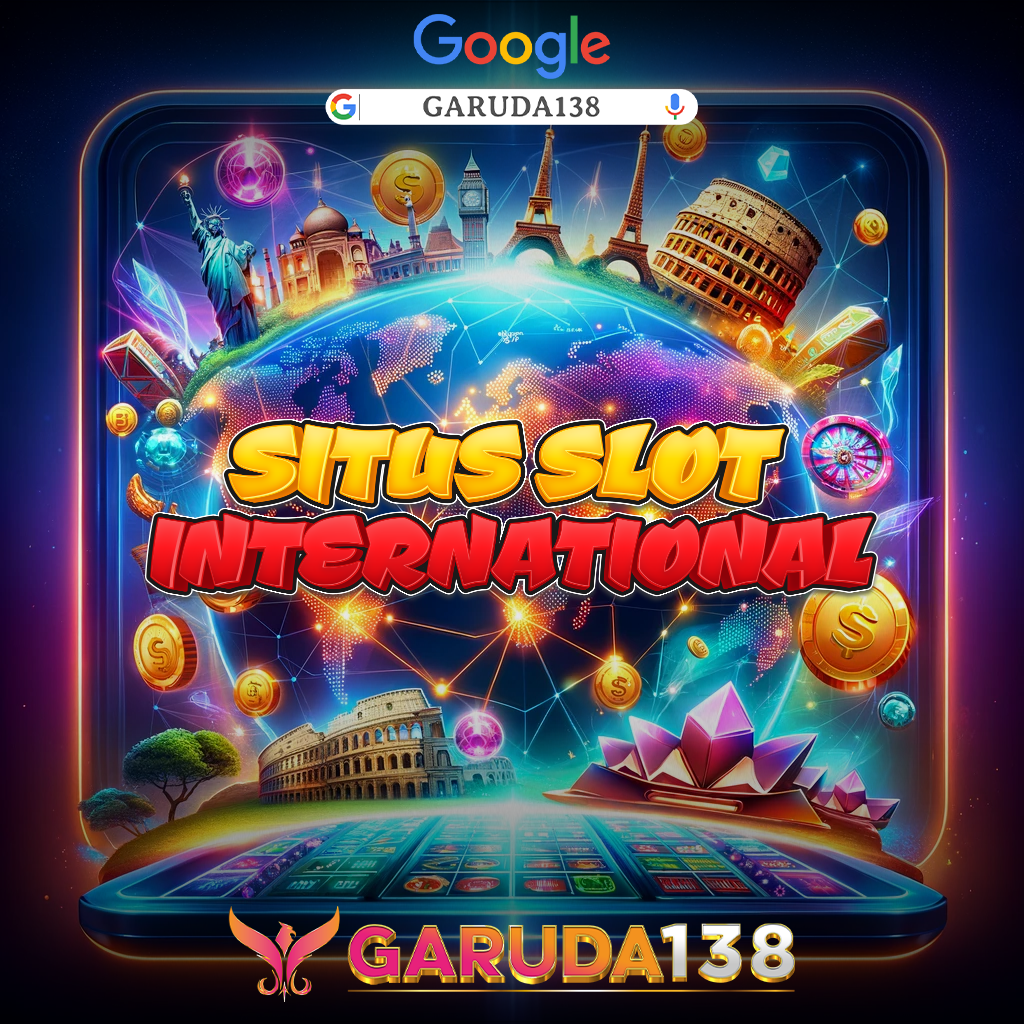Slot Bonus
GARUDA138🌋 Riview Promo Slot Bonus Sweet Bonanza Xmas
Regular price
Rp 25.000,00
Ingin merasakan sensasi permainan judi slot online dengan bonus jackpot terbesar??? Kunjungi situs slot gacor Garuda138. Di situs ini kalian bisa menemukan berbagai macam slot bonus, promo slot dan free spin slot sweet bonanza xmas yang mudah di menangkan. Klaim Bonus spesial saat pertama kali kalian mendaftar di link Garuda138. Tunggu apa lagi, Segera daftar akun vip pro di situs slot bonus melimpah, Nikmati petualangan judi slot online yang aman, nyaman dan menguntungkan

